Have you ever caught your cat giving you that slow, frustrated blink or flicking their tail with a little extra sass? If you’re nodding yes, you’re not alone! Many loving cat owners find themselves accidentally ruffling their feline friend’s fur, even with the best intentions. Cats, with their mysterious ways, often communicate their likes and dislikes in subtle signals. Sometimes, what feels like affection to us can land as a big annoyance for them. Today, let’s unravel some common habits that might be bothering your kitty—so you can become the cat whisperer you were always meant to be.
Ignoring Their Personal Space
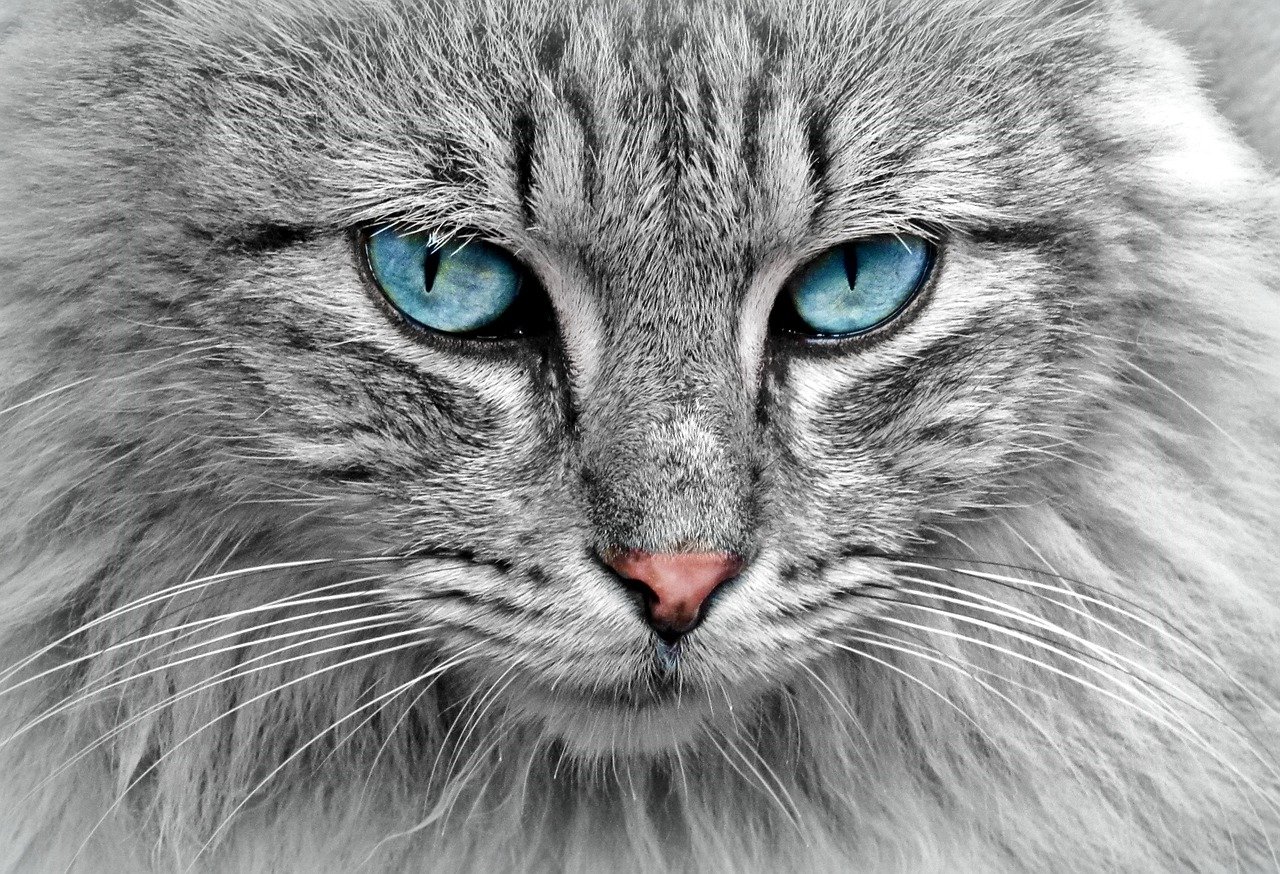
Cats are natural introverts, craving alone time to recharge. If you constantly reach for cuddles or pick up your cat without warning, you might notice them squirm away or flatten their ears. These are classic feline signs that they want a little distance.
It’s important to let your cat come to you on their terms. Instead of chasing them down, try sitting calmly and allowing them to approach. Respecting their boundaries builds trust and makes every cuddle session more meaningful for both of you.
Petting in the Wrong Spots
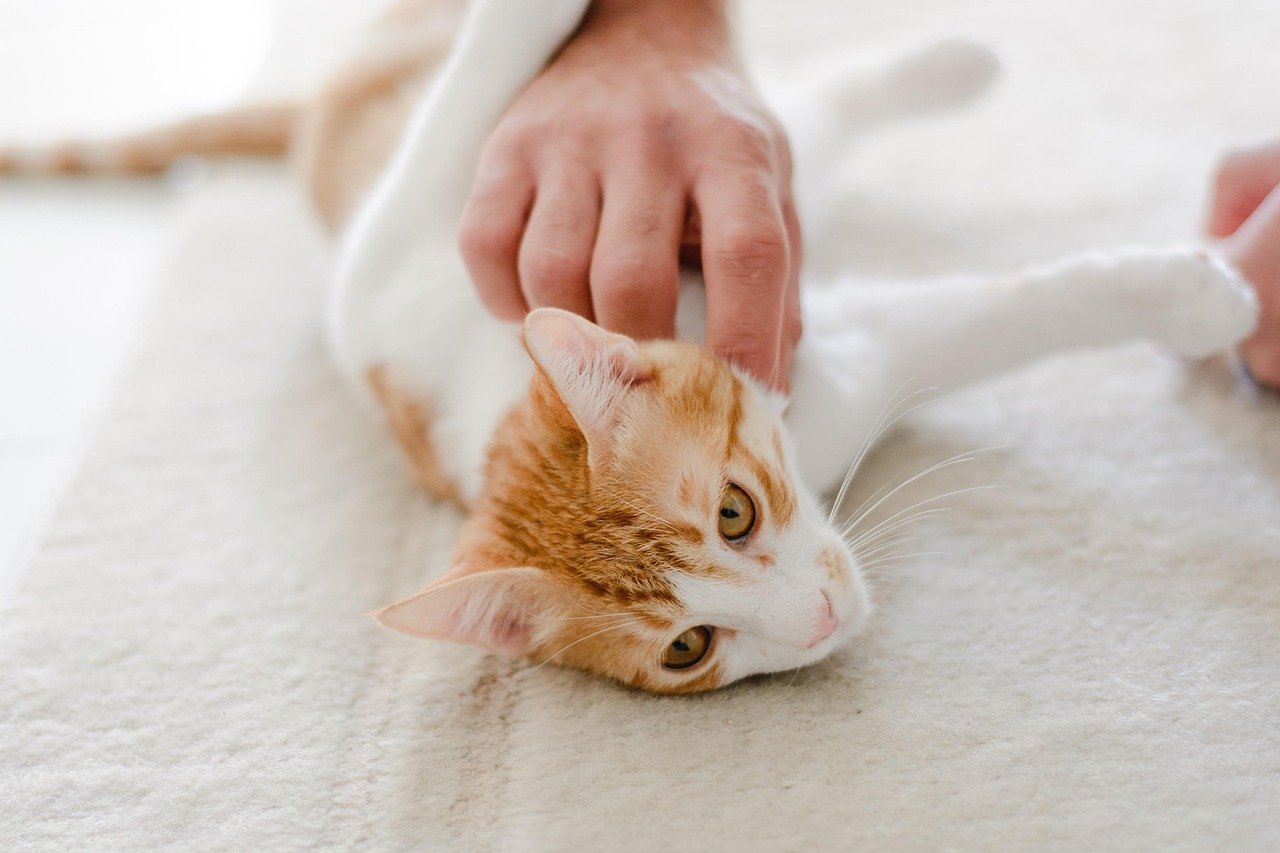
Not all cats like belly rubs or head scratches. Some are only comfortable being touched along their back or under the chin. If you stroke their tummy and they suddenly bite or kick, they’re not being mean—they’re just overwhelmed or overstimulated.
Watch your cat’s body language: a twitching tail, flattened ears, or rippling skin means “enough already!” Stick to their favorite areas, and always stop when you see these cues. These little boundaries make a big difference in your bond.
Making Loud Noises
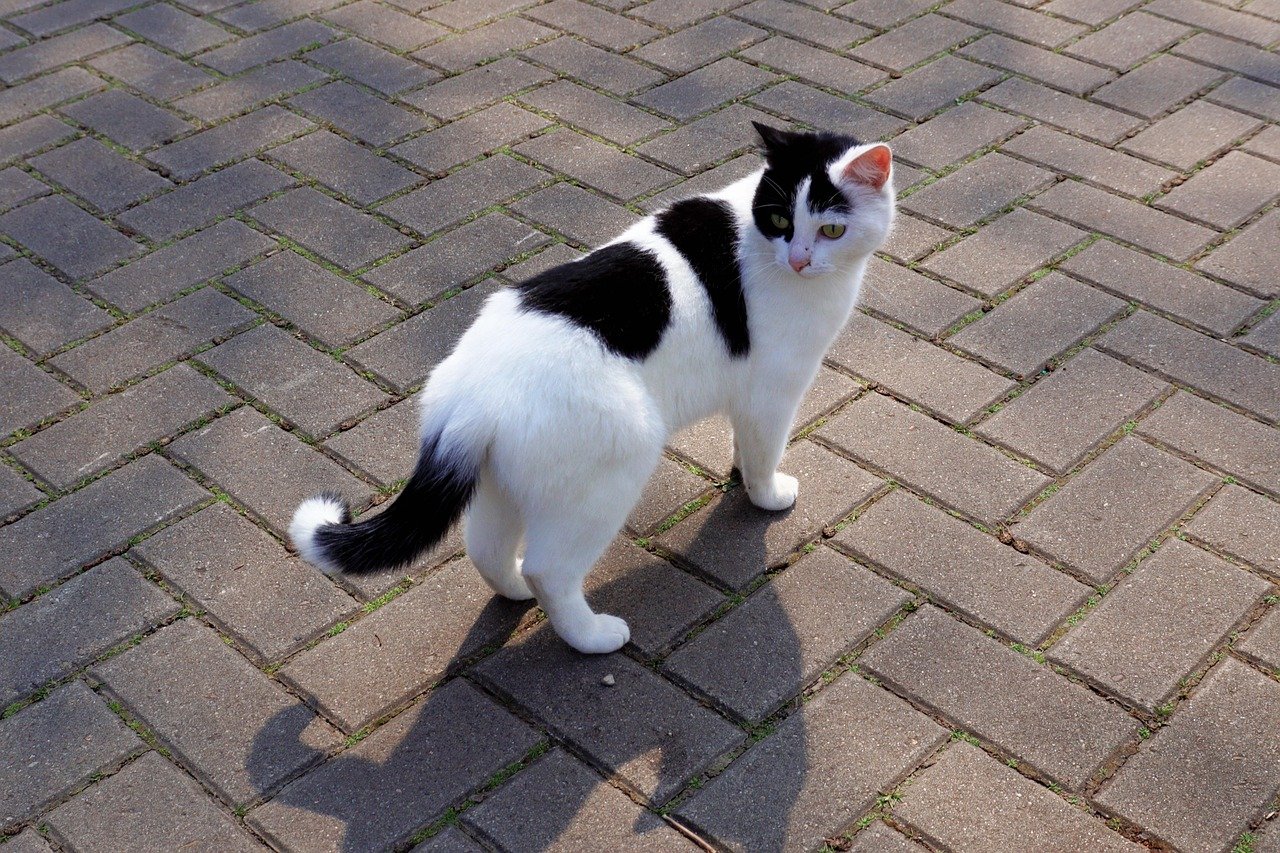
Cats have sensitive hearing—much sharper than ours. Loud music, shouting, or even banging pots and pans can send them running for cover. Repeated exposure to noise can stress your cat, leading to hiding or even health issues like loss of appetite.
If you’re hosting a party or doing noisy chores, set up a quiet room for your cat with their favorite bed and toys. A peaceful retreat helps them feel safe and secure during all the commotion.
Forcing Socialization With Strangers
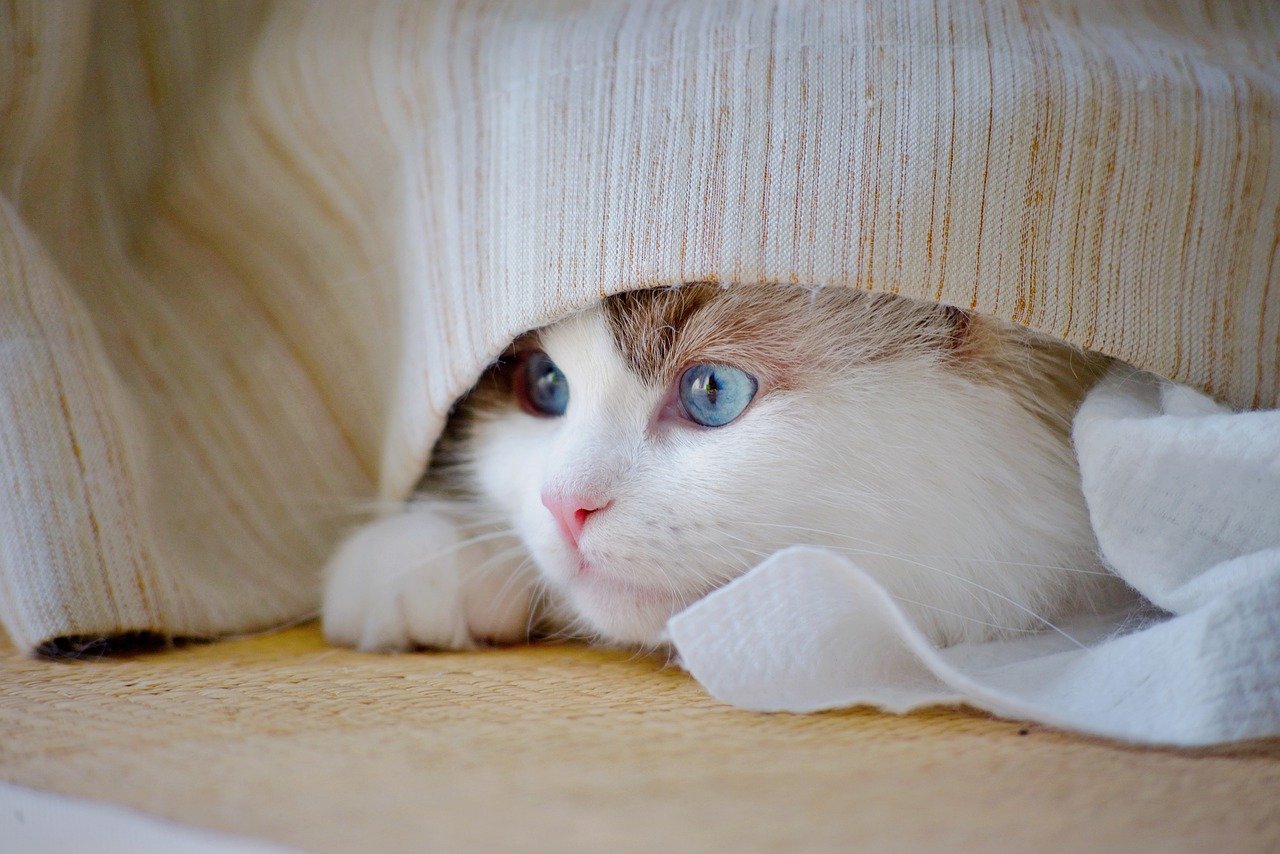
It’s tempting to show off your adorable cat to every houseguest, but not all felines are social butterflies. Forcing them to interact or be held by strangers can make them anxious or withdrawn. You might notice them freezing, hissing, or trying to escape.
Let your cat decide if and when they want to greet newcomers. Give guests treats to offer, and never pull your cat from their hiding spot. Over time, your cat may become more confident, but always let them set the pace.
Neglecting Their Litter Box Standards

A dirty or poorly placed litter box is a surefire way to annoy your cat. They’re picky about their bathroom habits—a smelly or crowded box can lead to accidents outside the box. Scratching, pawing at the floor, or avoiding the box are cries for help.
Scoop daily, change litter regularly, and keep the box in a quiet spot. Some cats even need multiple boxes in larger homes. A clean, private bathroom makes for a happier, healthier kitty.
Skipping Playtime or Overstimulating Them

Cats need daily play to burn energy and stay sharp, but too much roughhousing or the wrong kind of play can irritate them. Signs like biting, scratching, or sudden running away mean your cat is overwhelmed.
Aim for short, gentle play sessions using toys like feather wands or soft balls. Rotate toys to keep things fresh and exciting. When your cat walks away, respect their need for downtime.
Dressing Them Up

Tiny sweaters and hats might look adorable, but most cats dislike wearing clothes. Outfits can restrict their movement and make them feel trapped. If your cat freezes, shakes, or tries desperately to remove the clothing, they’re clearly uncomfortable.
Instead of costumes, spoil your kitty with a cozy blanket or a soft new bed. If you must dress them up for medical reasons, keep it brief and always supervise, making sure they feel safe.
Overfeeding or Changing Diet Abruptly
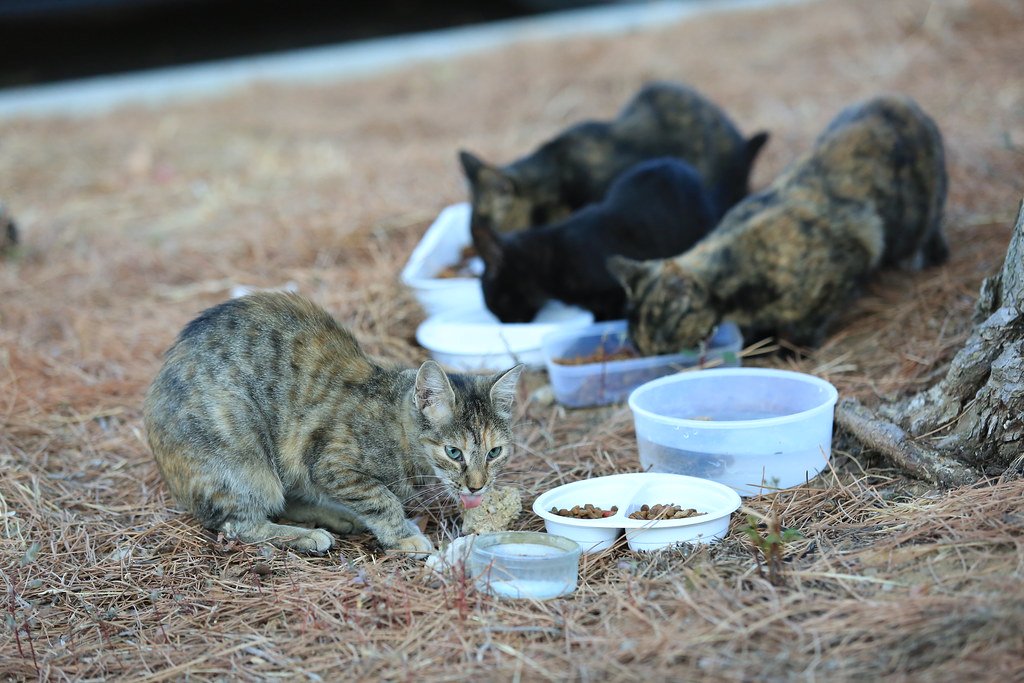
Feeding your cat too many treats or switching their food without warning can upset their stomach and mood. A sudden change often leads to digestive issues—watch for vomiting, diarrhea, or loss of appetite.
Stick to a balanced diet and introduce any new food slowly, mixing it with their regular meals over several days. Healthy, steady routines help your cat feel secure and physically well.





